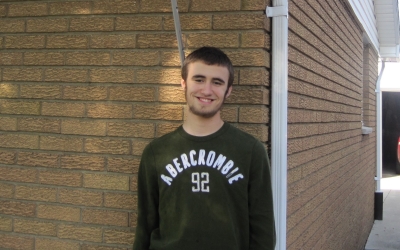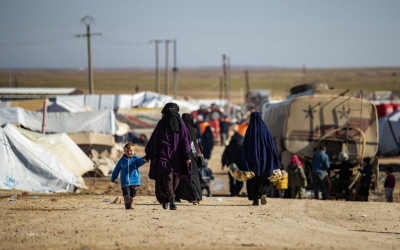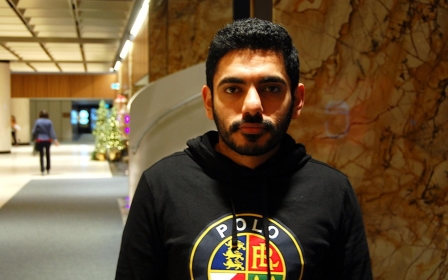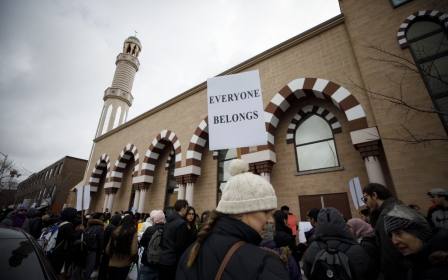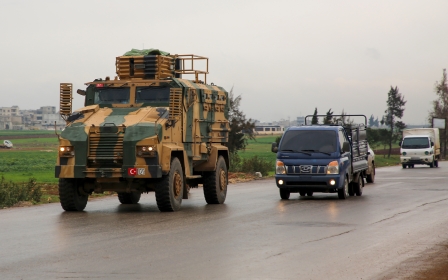Western countries' inaction over citizens jailed in Syria slammed by rights group
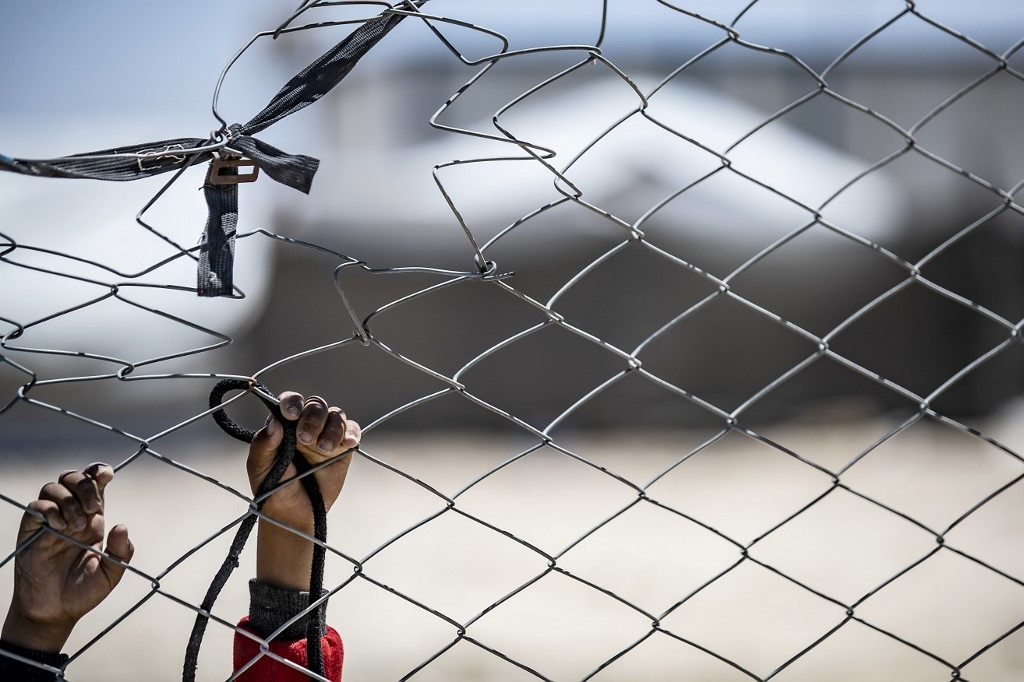
Canada and other Western countries have been criticised by Human Rights Watch for not doing enough to repatriate individuals detained in Syria over alleged links to the Islamic State (IS) group.
In an online news conference on Wednesday, Letta Taylor, a senior researcher from the rights group, said many of those detained had not received a proper trial or faced a judge, making their imprisonment a case of "unlawful detention".
"This makes their detention arbitrary, which is a violation of international law," Taylor said.
She went on to place some of the blame on Western countries, Canada in particular, for failing to bring their nationals back to face trial.
"We believe that Canada and other Western countries are partially to blame for this collective punishment, through their inaction because they really do have the ability in our view to act," she said.
On Tuesday, the extended family of a five-year-old Canadian orphan - who is currently sitting in Syria's al-Hol refugee camp for IS detainees - filed a case in court against the government for failing to repatriate the child to her only remaining family in Canada.
"Innocent people [are] being indefinitely detained, including children - punished for any crimes that their parents may have committed," Taylor said on Wednesday.
"And the guilty meanwhile are not being prosecuted, which is an absolute affront [to the] victims of ISIS crimes," she said, using another term for the IS group.
Canada waiting for 'public opinion to shift'
The rights organisation released a report last last month outlining how Canada must bring home its 47 citizens currently detained over their alleged IS-links.
The Canadians are among about 14,000 foreigners from more than 60 countries held for suspected IS links at the al-Hol camp in northeast Syria.
Those detained include Jack Letts, a British-born man from Oxford who was stripped of his UK citizenship by the British government and who told a Canadian diplomat in a phone call in 2017 that he had been held in a two-metre by one-metre cell for 35 days.
Kurdish-led authorities have urged countries to repatriate their nationals, saying they lack the capacity to properly guard and manage them. Hundreds have escaped.
HRW's senior researcher used the example of Kazakhstan, which has repatriated more than 500 of its citizens from Syria, to argue that the reasoning Western countries are using to not repatriate these individuals is moot.
"At least 22 countries have managed to evacuate some or even hundreds of their citizens," Taylor said.
"Many of the countries who have evacuated, and including some who've evacuated citizens quite recently, have no consular presence inside Syria either," she said.
Justin Mohammed, a human rights law and policy campaigner at Amnesty International Canada, said Ottawa is refraining from acting on the repatriations until they are pushed into action.
Mohammed called on media outlets covering the issue to continue their coverage to hold the Canadian government accountable.
"The Canadian government seems to not want to move on this until they're legally compelled to do so in the first instance, or until public opinion shifts," Mohammed said on Wednesday.
Middle East Eye delivers independent and unrivalled coverage and analysis of the Middle East, North Africa and beyond. To learn more about republishing this content and the associated fees, please fill out this form. More about MEE can be found here.


